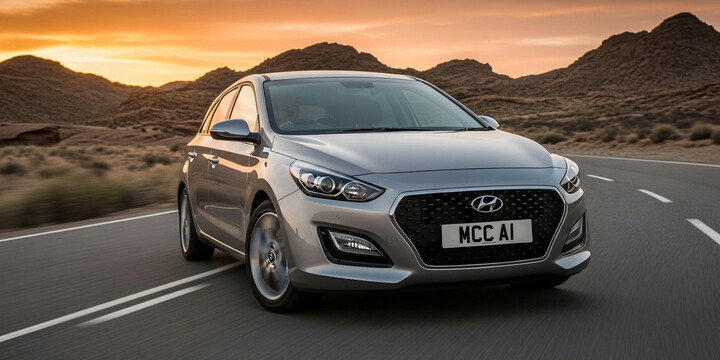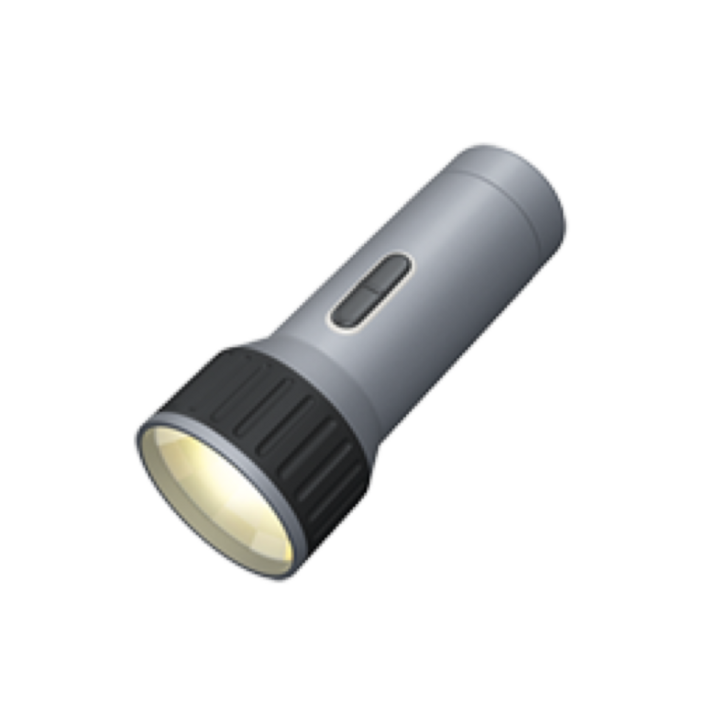HYUNDAI I30 TOURER (2020-24) 5DR TOURER 1.0 T-GDI MHEV 120 GPF SS EU6 SE CONNECT DCT AUTO7

Buyer's Guide & Data from our Checks
The HYUNDAI I30 TOURER (2020-24) 5DR TOURER 1.0 T-GDI MHEV 120 GPF SS EU6 SE CONNECT DCT AUTO7 is a practical and versatile estate car that fits well into the UK market’s family and commuter segments. As a station wagon, it offers increased boot space and flexibility, making it an ideal choice for small families, outdoor enthusiasts, or those needing extra luggage capacity. Known for its spacious interior and smooth driving experience, this model combines style with reliability, attracting buyers looking for a well-rounded vehicle.
According to data from mycarcheck.com, this model has been looked up six times, all from different VINs, indicating steady interest in the used car market. The average valuation for private sales is around £17,500, with typical mileages around 14,000 miles. This suggests that most examples are relatively low-mileage, which is appealing for buyers seeking dependable used vehicles. Its moderate number of previous owners also points to generally good ownership history, adding confidence in its condition.
What makes the HYUNDAI I30 TOURER stand out compared to rivals is its combination of fuel efficiency, affordability, and modern features such as the SE CONNECT trim and 7-speed DCT auto transmission. It’s appreciated for its quiet drive and low running costs, making it attractive for everyday commuting or family outings. Overall, this model is known for offering good value and practicality in the competitive small estate market.
Key Findings
The following statistics are drawn from our checks of 6 different vehicles, run between July 21st 2023 and December 31st 2025. These real-world insights provide context for this vehicle's place in the market, as well as its typical usage.
6
Lookups
Lookups
0
Hidden Histories
Hidden Histories
14k
Average Mileage
Average Mileage
£17,500
Average Valuation
Average Valuation












